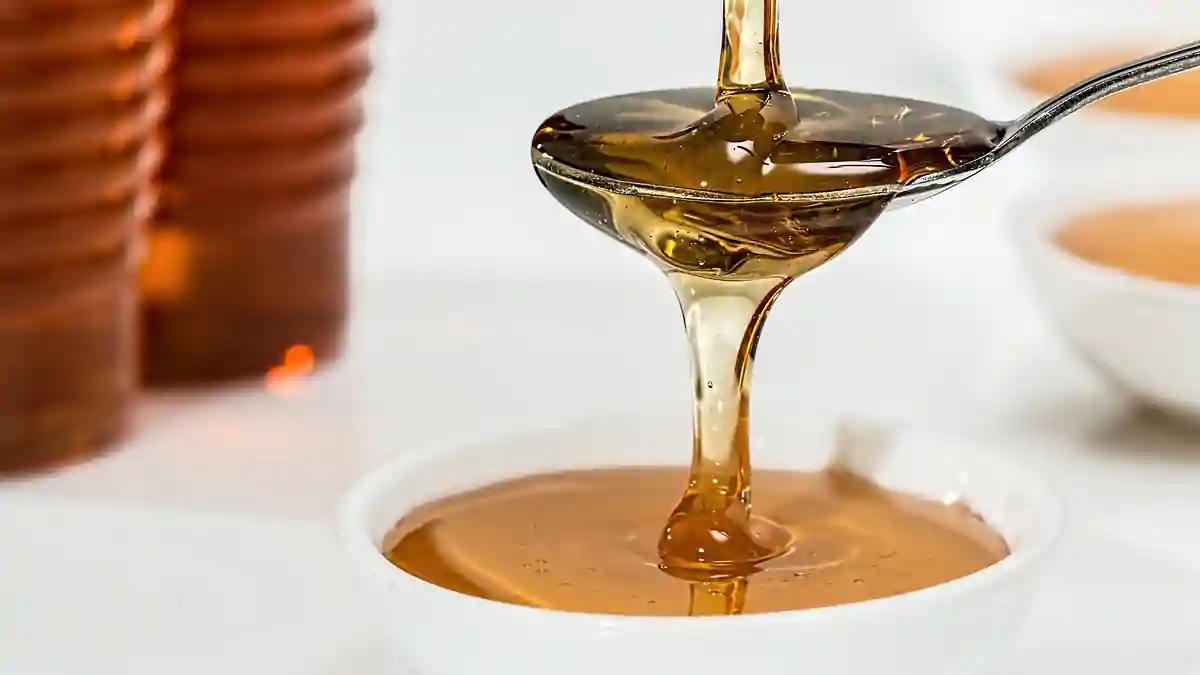A recent study found that eating two tablespoons of honey can help maintain blood sugar levels and lower cholesterol.
According to experts, substituting honey for other sweeteners, such as sugar in tea, can reduce the risk of diseases like type 2 diabetes, heart disease, and non-alcoholic fatty liver disease that are linked to eating too much sugar.
After analyzing the outcomes of 18 experiments involving more than 1,100 individuals, researchers at the University of Toronto discovered that raw honey from a single floral source had the most beneficial effects on the body.

They discovered that it reduced blood levels of low-density lipoprotein, also known as “bad cholesterol,” and fasting blood glucose.
Consuming honey also improved inflammation and boosted high-density lipoproteins, also known as “good” cholesterol.
All study participants ate generally healthy diets, and 10% or less of their daily calorie consumption were from sugar.
According to the study, the body “consistently produced either neutral or favorable responses” when honey was taken from a single flower source.
Over the course of eight weeks, participants received an average of 40 grams, or about two tablespoons, of honey each day.
People that consumed raw honey from False Acacia or Black Locust trees saw the majority of the advantages.
Because honey is around 80% sugar the findings were unexpected. However, when it was heated above 65 degrees Celsius, many of its health benefits were lost.
Honey is a complex mixture of both common and uncommon sugars, proteins, organic acids, and other bioactive substances. According to experts, the findings demonstrate that not all sweets should be treated equally.
If you already avoid sugar, we’re not suggesting that you start consuming honey. The key message here is replacement: substituting honey for table sugar, syrup, or another sweetener may reduce your risk of developing cardiovascular and metabolic diseases.